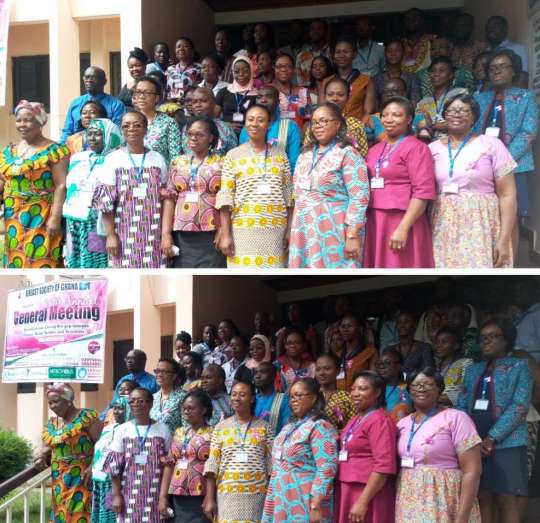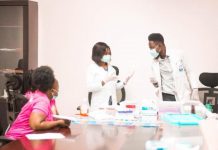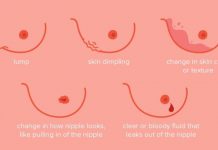The Breast Society of Ghana (BSG) has held discussions on ways to bridge the gap between patients, health workers and scientists in breast diseases and breast cancer management.
The discussion, held during an Annual
General Meeting organised by the Society on Friday in Accra, was on the theme: “Breast Diseases: Closing the Gap between Patients, Health Workers and Scientists.”
Dr Gloria Quansah Asare, the former Deputy
Director General, Ghana Health Service, said breast cancer remains a global health concern and women had the highest risk.
She said there were gaps in knowledge
between patients, health workers and scientists as well as stakeholders, citing an example on how the role and importance of scientists in helping to improve survival for breast cancer on the continent was underestimated.
The scientists seemed not to be pushing hard
enough to translate their findings into clinical practices which was sometimes due to the lack of understanding and means to adapt and adopt the findings in the context of their beliefs and existing resources, she said.
On the average, she said, 98 to 99 per cent
of victims of breast cancer were women often in their prime of life, adding that, it was the commonest female cancer with the peak in the 40 to 50 year olds.
It is also a leading cause of female cancer
deaths in the country, she said.
“The overall five year survival in better
resources areas is above 80 per cent while ours is estimated to be about 40 per cent. But even in Ghana, five-year survival for early stage disease is more than 90 per cent and this compares very favorably with figures in the high income countries,” Dr Asare said.
By this, she said, early detection and
management was crucial.
In some jurisdictions of West Africa
including Ghana, Dr Asare said inadequate resources and sociocultural belief systems that generated myths about breast cancer were still working against efforts to encourage early detection, treatment and improving survival of those affected.
As a result, late stage at presentation of
breast cancer cases was quite common and estimated to be about 67 per cent (two out of every three cases presented) or higher in Ghana.
“There is varied compliance to treatment
which is sometimes curtailed and often resumed at very terminal stages making it extremely expensive and painful to patients, their families and their attending health workers. It also propagates myths fear and panic among the
public,” she said.
Dr Florence Dedey, the President of the BSG,
said one problem often identified by the practitioners was the delay of patients
in seeking medical attention when they noticed possible signs of breast cancer.
She said 4,000 new cases were diagnosed in
the year 2018, saying: “Those are estimated figures because we don’t have a national registry for breast cancer which makes it difficult to have the exactfigures.”
The number of death cases recorded in 2018,
she said, was about 2,000.
She advised the public to report symptoms
early for diagnoses as it could be treated at early stages, adding that, symptoms advanced could be given treatment but not total cure.
Dr Dedey said even though, the entire
treatment for breast cancer was to be covered by the National Health Insurance Scheme (NHIS), some processes like biopsy, radiotherapy, and chemotherapy were not covered.
She appealed to the government to roll out
the entire process of breast cancer treatment onto the NHIS to enable middle to low income earners to seek adequate healthcare.
The Breast Society of Ghana was inaugurated
in January 2018 to bring health professionals and other stakeholders from across the country together to work and improve the management and outcome of
breast diseases especially cancer.




